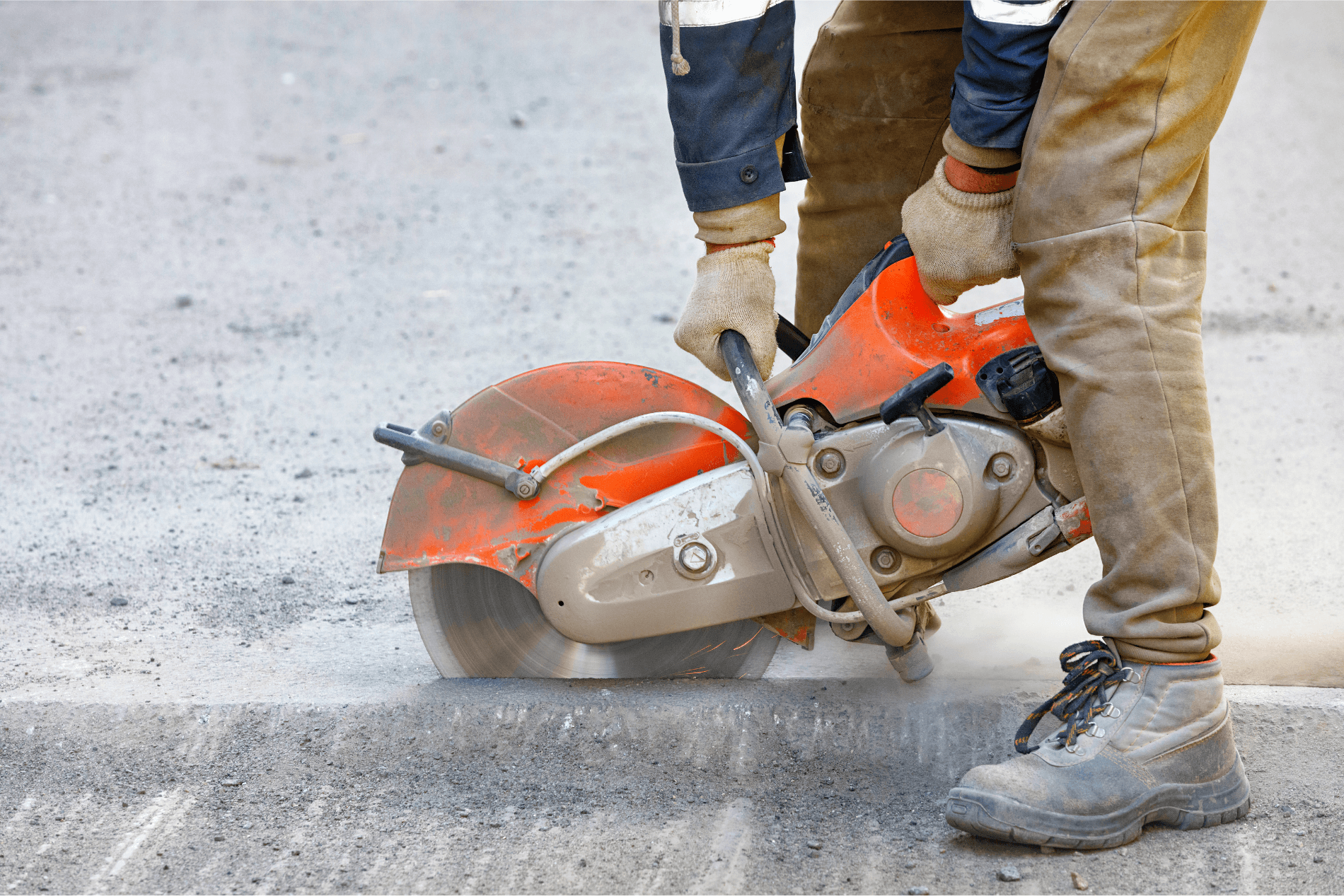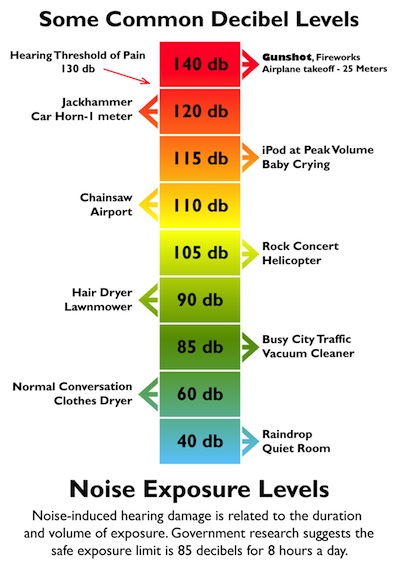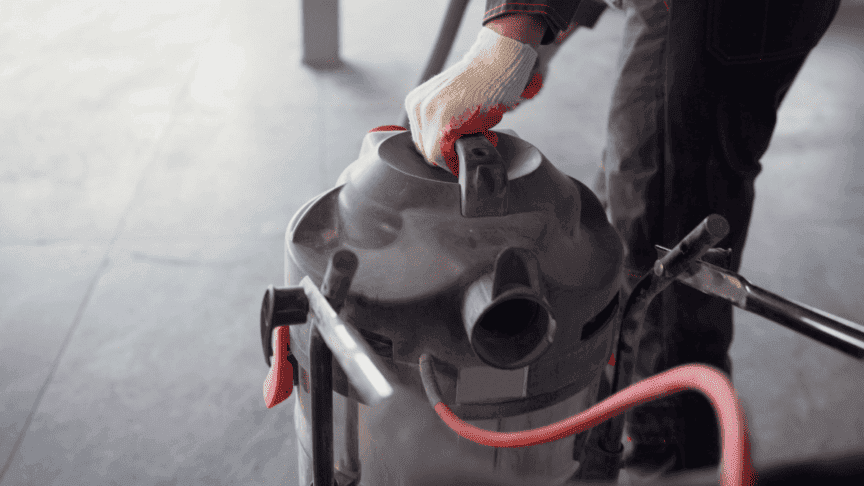Have you ever noticed your ears ringing after using a vacuum cleaner? It might seem harmless, but the noise from your vacuum could be affecting your hearing more than you think.
You probably use it regularly to keep your home clean, but do you know the risks it might pose to your ears? Understanding how vacuum cleaners can impact your hearing is important for protecting your long-term ear health. Keep reading to learn what you need to watch out for and how you can keep your hearing safe while cleaning.
Vacuum Noise Levels
Vacuum cleaners produce noise while running. This noise level can affect your ears. Knowing how loud vacuums get helps understand possible risks. Noise is measured in decibels (dB). Sounds over 85 dB can harm hearing over time.
Typical Decibel Range
Most vacuum cleaners produce noise between 70 and 85 decibels. Some models go as high as 90 dB. The louder the vacuum, the greater the chance of ear discomfort. Using a vacuum daily at high volumes may increase hearing risk.
Comparison With Other Household Appliances
Vacuum noise is louder than a normal conversation, which is about 60 dB. It is similar to a hairdryer, which ranges around 80 to 90 dB. Dishwashers usually run quieter, around 45 to 60 dB. Lawnmowers are louder, often above 90 dB. This shows vacuum noise is high but not the loudest in homes.
How Noise Affects Hearing
Noise can harm your hearing over time. Loud sounds damage the tiny parts inside your ears. This damage can cause hearing loss that may not be fixed. Understanding how noise affects hearing helps protect your ears better.
Mechanism Of Noise-induced Hearing Loss
Inside the ear, tiny hair cells help you hear. Loud noise makes these hairs bend and break. Once broken, hair cells cannot grow back. This leads to permanent hearing loss. The louder the noise, the faster damage happens. Even short exposure to very loud sounds can harm hearing.
Safe Exposure Limits
Experts say sounds below 85 decibels are usually safe. Vacuum cleaners can reach noise levels near this limit. Long use of loud noise can still harm hearing. Limiting time around loud noise helps protect ears. Wearing ear protection reduces the risk of damage. Take breaks from noisy tasks to give ears rest.
Vacuum Cleaners And Hearing Risk
Vacuum cleaners produce noise that may affect hearing. The risk depends on how loud the vacuum is and how long you use it. Understanding these risks helps protect your ears while cleaning.
Short-term Exposure Effects
Vacuum noise can reach 70 to 85 decibels. This level may cause ear discomfort or ringing after use. Brief exposure usually does not cause lasting damage. Still, loud noise can make ears feel tired or sensitive.
Long-term Exposure Concerns
Using a vacuum daily for long periods raises the risk of hearing loss. Continuous noise exposure can harm inner ear cells. This damage may lead to permanent hearing problems. Wearing ear protection reduces this risk during long cleaning sessions.

Credit: pnwaudiology.com
Factors Increasing Hearing Damage Risk
Vacuum cleaners can produce loud sounds that may harm hearing. Several factors raise the risk of hearing damage. Knowing these helps protect your ears. Sound level, time spent, and vacuum type all matter. This section explains these key points.
Proximity To Vacuum
Closer distance means louder noise reaching your ears. Holding the vacuum near your head increases sound pressure. Standing farther lowers noise exposure. Avoid placing your ear close to the vacuum during use. Small changes in distance can reduce risk.
Duration Of Use
Longer use means more noise exposure. Continuous vacuuming for hours can strain your hearing. Short breaks help your ears recover. Limit vacuuming sessions to reduce damage. The longer you use it, the higher the risk.
Vacuum Type And Design
Some vacuums are louder than others. Older models tend to produce more noise. Newer designs often have noise reduction features. Upright vacuums may sound different than canister types. Choosing a quieter vacuum lowers hearing damage risk.
Preventive Measures
Vacuum cleaners can produce loud noise that may harm your hearing over time. Taking steps to protect your ears is important. Simple actions can reduce the risk of hearing loss while cleaning. Small changes make a big difference in ear health.
Using Hearing Protection
Wear earplugs or earmuffs when vacuuming. These devices lower noise levels reaching your ears. They are easy to use and affordable. Protect your hearing without stopping your cleaning routine. Ear protection is the first line of defense.
Choosing Quieter Models
Select vacuum cleaners with low noise ratings. Check the decibel level before buying. Models that produce less sound reduce ear strain. Quiet vacuums keep your home peaceful and protect hearing. Research helps you find the best quiet option.
Limiting Usage Time
Do not vacuum for long periods at once. Take breaks to give your ears rest. Shorter cleaning sessions lower the risk of damage. Listen to your body if ears feel discomfort. Time limits help maintain healthy hearing.

Credit: www.comprehensiveearandhearing.com
Signs Of Hearing Damage
Hearing damage can start quietly and grow over time. Small changes in your hearing might seem normal. These signs can show that your ears are stressed from noise, like vacuum cleaners.
Knowing the signs helps you protect your hearing early. Pay attention to any changes in how you hear sounds daily.
Early Symptoms
Sounds may seem dull or muffled. You might ask people to repeat words often. Ringing or buzzing in your ears can start. Loud noises might feel uncomfortable or painful. These are early warning signs of hearing damage.
When To See A Specialist
Visit a hearing doctor if symptoms last more than a few days. Difficulty understanding speech in noisy places is a concern. Persistent ringing or ear pain needs medical advice. Early treatment can stop damage from getting worse. Don’t wait until hearing loss becomes severe.
Alternative Cleaning Options
Vacuum cleaners can be loud. This noise might harm your hearing over time. Choosing other cleaning methods helps protect your ears. Alternative cleaning options reduce noise and keep your home clean.
Quiet Cleaning Devices
Some cleaning machines run quietly. They produce less noise than regular vacuums. Look for models labeled as “quiet” or “low noise.” These devices help keep noise levels down. They work well on floors and carpets. Using quiet machines lowers the risk of hearing damage.
Manual Cleaning Techniques
Cleaning by hand is very quiet. Sweeping with a broom or dustpan makes little noise. Mopping floors also keeps sound low. Manual methods need more time but save your hearing. They work well in small spaces or quick cleanups. Hand cleaning is gentle on ears and effective for daily use.

Credit: www.amazon.com
Frequently Asked Questions
Can Vacuum Cleaners Damage Your Hearing Permanently?
Prolonged exposure to loud vacuum noise can harm hearing. Most vacuums operate around 70-85 decibels, which may cause damage over time. Using ear protection or limiting usage duration reduces risks. Temporary hearing issues are more common than permanent damage from vacuum noise.
What Noise Level Do Vacuum Cleaners Produce?
Vacuum cleaners typically produce noise between 70 to 85 decibels. Noise above 85 decibels can cause hearing damage if exposure is long. Quieter models under 70 decibels are safer for prolonged use. Checking noise levels helps protect your hearing health.
How To Protect Hearing While Vacuuming?
Use earplugs or noise-canceling headphones to reduce sound exposure. Limit vacuuming sessions to short periods to avoid long-term damage. Choose quieter vacuum models with lower decibel ratings. Taking breaks during cleaning helps protect your ears effectively.
Are Cordless Vacuums Quieter Than Traditional Ones?
Cordless vacuum cleaners often operate at lower noise levels than traditional models. They typically produce less than 75 decibels, reducing hearing risk. However, noise varies by brand and model. Checking product specifications ensures you select a quieter vacuum.
Conclusion
Vacuum cleaners can produce loud noise that may hurt your ears. Long use near loud machines can cause hearing problems. Protect your ears by using earplugs or turning down the volume. Choose quieter vacuum models to reduce noise risks. Taking breaks while cleaning helps your ears rest.
Hearing loss from vacuum noise is avoidable with care. Stay safe and keep your hearing in good shape. Small steps make a big difference for your ears.





